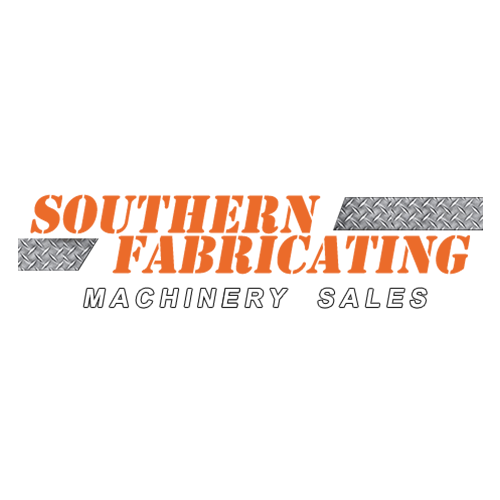
Posted By: Southern Fabricating Machinery Sales | Posted On: October 11, 2018
3 Benefits of Using a Boring Mill
What is a Boring Mill Machine?
Boring mill machines are a type of equipment used to enlarge holes in various kinds of materials using a single-point cutting tool (a tool with one cutting edge). These machines come in two varieties that perform similar functions differently:
- Horizontal Boring Mills. These machines let the workpiece rest on the table of the machine while the boring bar rotates around a horizontal axis. Some have compared this to the operation of a horizontal milling machine.
- Vertical Boring Mills. With these boring mills (or often referred to as a VTL), the workpiece rotates around a vertical axis while the boring tool moves in a linear fashion—i.e. without turning. In some ways, this is similar to a vertical lathe.
What Are Boring Mills Used For?
Boring mill machines are primarily used to enlarge holes where other processes would be cost-prohibitive, inefficient, or inaccurate. A couple of key uses include:
- Roughing/Finishing Internal Surfaces. One of the key uses of a CNC boring mill is to roughen or smooth out the interior surfaces of a cut hole. Here, the tool used can help texture the surface of the hole’s interior in a specific way. This is sometimes done when reconditioning a product rather than making a new one.
- Boring Heat-Sensitive or Non-Ductile Materials. As a physical shearing process, boring milling machines can enlarge holes in materials that are unsuited to thermal or electric-based hole-making methods (such as laser cutting or electric discharge machining).
Manual boring machines are best suited for expanding through holes. While CNC boring mill machines may have the precision necessary to drill blind or partial holes, this is still not their preferred application.
Benefits of Boring Milling Machines
So, if a CNC horizontal boring mill is kind of like a specialized horizontal milling machine, and a vertical boring mill is like a vertical lathe (albeit with it expanding a hole rather than stripping the outer layer of a workpiece), why would you want a boring mill instead of one of these other machines for your machine shop?
A few reasons include:
- Boring Mills Can Handle Extremely Large Parts. Some machine shops have to mill very large workpieces, and this is where boring milling machines excel. A boring mill has a very large “configurable envelope,” which lets it mount larger workpieces than a similar horizontal milling machine.
- Minimizing Tool Deflection. Tool deflection, or the deviation of a machining process, happens when a tool encounters resistance greater than what it can easily compensate for—such as when a spindle is extended too far from its anchor, causing it to drill at an unusual angle when placed under an excessive force. With boring mills, the spindle advances from the headstock, which means it can be kept short to prevent tool deflection. This results in more consistent drilling.
- Durability and Useful Life. Boring mills might not be exciting, but they are incredibly sturdy and reliable tools—especially when they’re well-maintained. They can last for decades of consistent use with the proper care—making used CNC boring mill machines particularly desirable investments that retain their value.
Do you need help finding the right kind of boring mill machine for your machine shop? Contact the experts at SFMS today for advice, or to leverage our extensive network of contacts to find a used boring mill that’s right up your alley.






